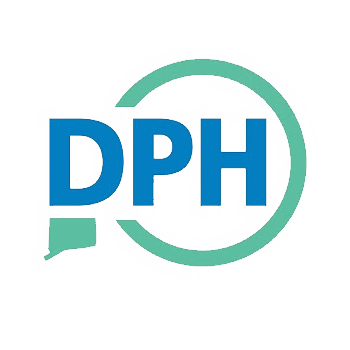Provisions of Public Act 17-2
Behavioral Analysts
(a) As used in this section and sections 10-76ii, 10-145t, 19a-14 and 20-413 and sections 189 to 195, inclusive, of this act:
(1) "Behavior Analyst Certification Board" means the nonprofit corporation established to meet the professional credentialing needs of behavior analysts, governments and consumers of behavior analysis services and accredited by the National Council for Certifying Agencies in Washington, D.C., or any successor national accreditation organization;
(2) "Behavior analysis" means the design, implementation and evaluation of environmental modifications, using behavior stimuli and consequences, including the use of direct observation, measurement and functional analysis of the relationship between the environment and behavior, to produce socially significant improvement in human behavior, but does not include: (A) Psychological testing, (B) neuropsychology, (C) cognitive therapy, (D) sex therapy, (E) psychoanalysis, (F) hypnotherapy, (G) cognitive behavioral therapy, (H) psychotherapy, or (I) long-term counseling as treatment modalities;
(3) "Behavior analyst" means a person who is licensed to practice behavior analysis under the provisions of section 190 or 191 of this act; and
(4) "Assistant behavior analyst" means a person who has been certified as an assistant behavior analyst by the Behavior Analyst Certification Board to assist in the practice of behavior analysis under the supervision of a behavior analyst.
(b) No person, unless certified by the Behavior Analyst Certification Board as a board certified assistant behavior analyst, shall use in connection with his or her name or place of business: (1) The words "board certified assistant behavior analyst" or "certified assistant behavior analyst", (2) the letters "BCABA", or (3) any words, letters, abbreviations or insignia indicating or implying that he or she is a board certified assistant behavior analyst or in any way, orally, in writing, in print or by sign, directly or by implication, represent himself or herself as a board certified assistant behavior analyst. Any person who violates the provisions of this section shall be guilty of a class D felony. For the purposes of this section, each instance of contact or consultation with an individual which is in violation of any provision of this section shall constitute a separate offense.
Sec. 190. (NEW) (Effective July 1, 2018) (a) The Commissioner of Public Health shall grant a license as a behavior analyst to any applicant who furnishes evidence satisfactory to the commissioner that such applicant is certified as a behavior analyst by the Behavior Analyst Certification Board. The commissioner shall develop and provide application forms. The application fee shall be three hundred fifty dollars.
(b) A license issued under this section may be renewed annually. The license shall be renewed in accordance with the provisions of section 19a-88 of the general statutes, for a fee of one hundred seventy-five dollars. Each behavior analyst applying for license renewal shall furnish evidence satisfactory to the commissioner of having current certification with the Behavior Analyst Certification Board.
Sec. 191. (NEW) (Effective July 1, 2018) A person, who is not eligible for licensure under section 190 of this act, may apply for licensure by endorsement as a behavior analyst. Such applicant shall present evidence satisfactory to the commissioner that the applicant is licensed or certified as a behavior analyst, or as a person entitled to perform similar services under a different designation, in another state or jurisdiction that has requirements for practicing in such capacity that are substantially similar to, or higher than, those of this state and that there are no disciplinary actions or unresolved complaints pending.

